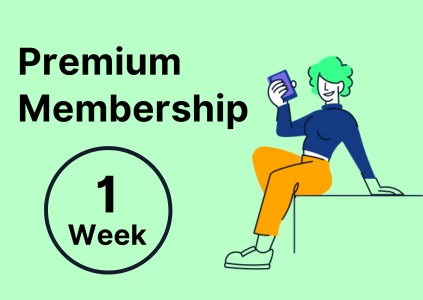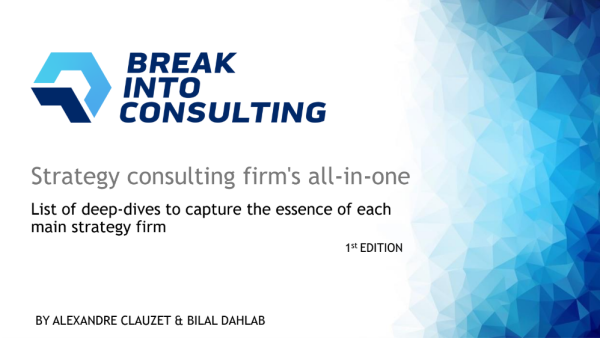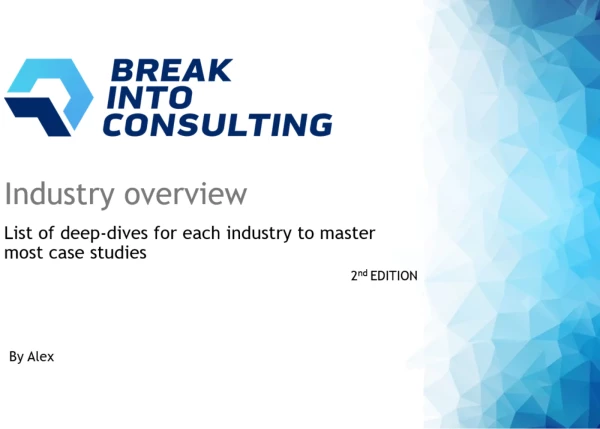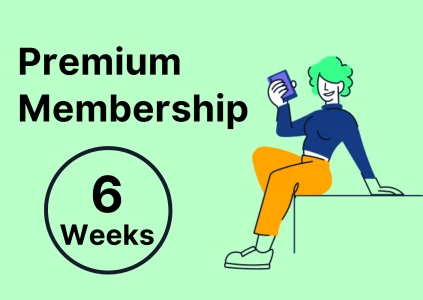How should i answer what my weakness is when asked in an interview?
how to answer "what's your weakness?"
Overview of answers
Hi!
The first thing to recognise is why interviewers ask this question. Ultimately, they want to know how aware you are of your development areas, how you feel about you "weaknesses", and whether those "weaknesses" are red flags :)
I advise my clients to:
- Answer honestly & directly... but not too honestly (this is not a confessional :)). Interviewers can tell if you're being ingenuine and know when you're trying to cover up your weaknesses. For example, "I work too hard" is not a weakness so don't say that. And don't say something that will obviously be a complete deal-breaker.
- Pick a "weakness" that is important for consultants to have. i.e. it should be relevant to the role. Saying you want to be a better investor is not relevant to the role. However, saying you could be better at managing your time is something that is relevant to being a consultant
- Show that you have already worked on this "weakness" and have a plan to improve it even more. Interviewers want just want to see that you have "weaknesses" (they already know you do because we ALL have weaknesses). They want to see that you're the sort of person who is doing something about it to improve yourself because as a consultant, you have to be open to feedback and take steps to address that feedback.
Here's an example of what this might sound like (remember, this is just an example that demonstrates an example that is direct, honest, relevant, and improvement-focused. You will need to cater this to yourself:
- "A weakness of mine is my ability to present confidently in situations where I'm less familiar with the topic. This stems from a complete fear of presenting just a few years ago, which I worked on through the support of my colleagues and by putting myself in situations where I had no choice but to present, get feedback, and then refine and try again. So I feel like I've already come a long way. The work I'd done preparing myself for these interviews have helped me gain additional communication skills to improve how I feel presenting less familiar topics, but it is still an ongoing effort, which I continue to work on."
Hope this helps! Get in touch directly to get some specific practice in.
Best!
I love asking this question! I think it is a great way to really see through the candidate and judge the confidence level a candidate will bring to a difficult situation.
Here's my take of conducting numerous interviews - Don't bullshit through the situation and don't try to make yourself sound "all perfect". We all have weaknesses and the interviewer knows that. You know it too. Pick something genuine beforehand and apply the STAR principle as usual. After a quick tangible example, ENSURE you have a concise statement demonstrating how you have been working on this weakness and how an improvement to this weakness has been recognised by your Manager/ Councellor/ Partner or in your 360 degree feedback in the last 2-3 years.
My recommendation - Don't pick a technical weakness such as financial modelling and don't play that card where you are a micromanager or a perfectionist etc.
Hi,
In this question, interviewers will try to understand whether you are someone who tries to over sell yourself, or someone who is also honest, and can also speak about his/her weaknesses.
In this question, focusing on hard skills, instead of soft skills would be preferred more. In other words, instead of telling the interviewers about your leadership/time management etc. weaknesses - which are soft skills, try to focus on hard skills such as analytical tools e.g. Alteryx, Tableau etc. These hard skills are easier to learn compared to soft skills, thus you will also show that you can address these weaknesses at the company you are applying.
Best,
Deniz
Hello,
It's a judgemental question. If you know your weaknesses - it's better for you & for the firm, because in the future they will be able to track your improvement (if any). But, obviously there is a risk to be "too weak" to be good. So what's the best advice?
Well, first - analyze yourself. Because in fact we are all different. What is perceived as a weakness by you - may not be a weakness by the targeting firm. And vice versa. Imagine (watch online videos) consultants and think about their weaknesses.
Second, once you list all of your weaknesses - think about if it's possible to solve any of them. There may be variuos ways for tackling your weaknesses, so think if you have done any/few steps to address them so far. If not - how the firm may help you in solving them? Think about it.
Third, as you have prepared your list of weaknesses & firefighting list, think about if there is any risk mitigation factor of your weaknesses. How could you turn down to zero a risk of facing your weakness under heavy stress situation?
For example:
* I know my weakness is that i don't like to go into the details too much. Kind of I can, but I am regularly have more important things to do
* I tried to play with my kid in LEGO just to build up this habit. I tried also to maintain xls databases over time & then check them (as I forgot about what and how I built them)
* To react on this my weakness, I have sometimes to cross-check everything I do, and read text twice or more times, unless i totally get it & everything seems clear
Hope this helps,
A.
Hi,
That's a tricky question, indeed.
In my experience, you have to answer this question in a way that the weakness is a soft one (e.g., if you are applying for a consulting role, I would not bring as a weakness the fact that you don't like to work in groups) and that it actually doesn't seem so much a weakness
I'll give you an example here:
One of my weaknesses is the push-back. I've been told in feedback sessions that I tend to do too much push-back. That's related to the fact that I tend to go very much deep in detail when I work on a workstream, thus I develop a huge sense and expertise on the field. I also have a big skill on "make things happen" and sometimes that drags me to be a bit too rigid on the path to reach a goal, either in internal or with-client problem-solving sessions
Hope you'll find it useful!







